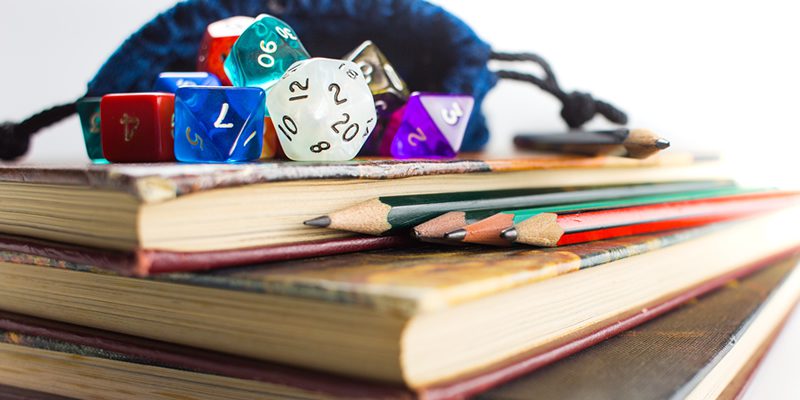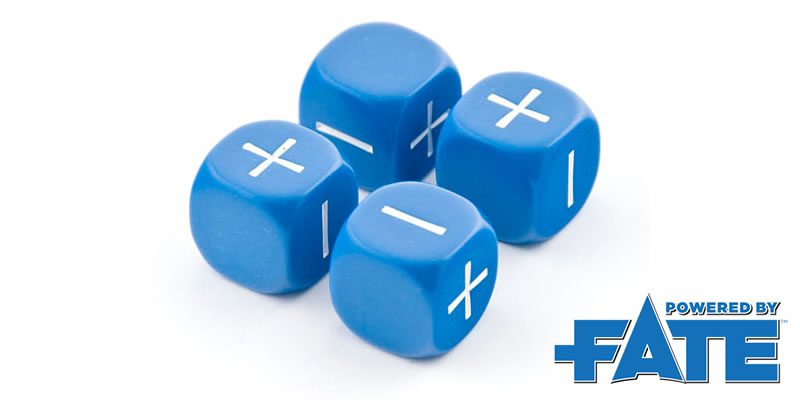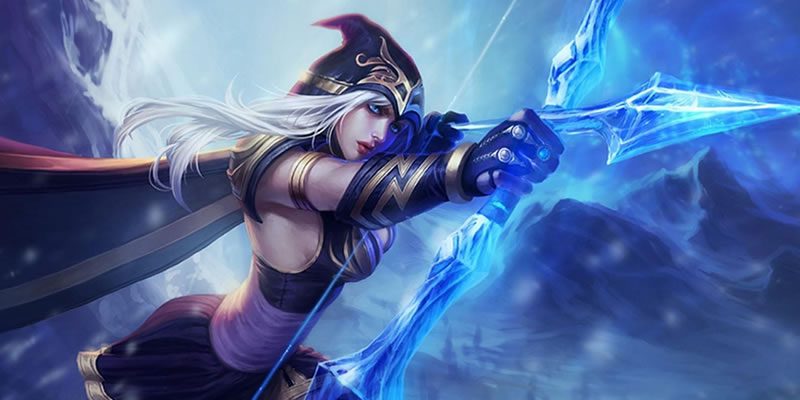5 Tips on How to Be a Good Player from a GM

Usually on the Campaign Trail, I write articles to help out my fellow GMs. This week I wanted to write something to help out all the players. It is a rare treat for me when I get a week off and a chance to be a player. When I finally do get a chance to be on the other side of the screen, it is exciting. I have a chance to focus on just one character sheet, one personality, one turn in combat. I also get a chance to work with my co-players versus being all alone on the other side of the GM screen. Here is some advice I’d like to share.
1) Help Make Your GM’s Job Easier
As a player, it is really nice to be able to show up to a game each week where a GM runs an adventure for you. Running a game can be a ton of work for your GM. As a player, try to appreciate your GM and make their life easier, not harder. You’ll all enjoy the game more.
- Do your best to pay attention to the game versus distractions such as social media, sidebar conversations, etc.
- Be ready for your turn. If you really want to help run initiative for the GM even and help speed up the game even more.
- Try to grab onto hooks that the GM dangles in front of your PCs. Unless you are playing in a true sandbox world, your GM provided a hook which leads to a rich adventure full of dungeons, encounters and treasure that are all ready for you to find. If you ignore a hook and go on your own to somewhere else, a good GM will be able to improvise and you might even have a great session. But all that hard work will be wasted (or best case filed for resuse later).
- If you know the rules of the game well, be a good rules lawyer. Help out your GM who is struggling with a ruling by looking up how that bonus really works. I know the rules well, but during the game I can get a little confused with so many legendary actions, lair actions, cover, etc. and it can be nice to have someone else look it up.
- Some things can be handled during a break and don’t need to derail the game for the whole table.
2) Try to See the World Through Your PC’s Eyes
As players, it can be hard to separate what you know and what your PC would know. Even more important, using out of game information can ruin the game for everyone at the table.
- You might know the bestiary from cover to cover, but your low level PC might not know what type of attack each eye stalk of a beholder can do. Also, the other players at the table might never have faced a beholder before. Trust your DM and ask to make a check to see what your PC would know about the beholder and act on it.
- You might have read all books about the setting your are playing in, or you might have been to a location in another game… but your PC has not. Travel around the world with fresh eyes and you’ll have more fun.
- You might be an intelligent, well read person… but your PC is an illiterate half-orc barbarian.
The goal of a tabletop RPG is not to win by knowing more about the world and monsters than your fellow players. See the world as your PC would see the world and enjoy being immersed in a fantasy world where anything can happen.
3) Do a Little Prep Work Too
Most GMs need to put in time away from the table and running a game can be a ton of work. Keeping track of the adventure, NPCs, monsters, treasure and each of the PCs can be a ton of work. Help your GM out…
- Keep your character sheet up to date, read those rules, abilities and spells.
- Read that recap the GM or another player took the time to write. Don’t be that player who shows up each week asking who was that guy again all night. This can get old quick and is annoying for everyone who read the recap.
- If you have an RSVP system or calendar – make sure you respond and keep track of when your scheduled game night is.
- If it is your turn to bring the snacks or pay for pizza… do it.
4) Respect All the Ways to Play the Game
As a GM, I understand that there are many different types of players out there. There are power gamers who optimize their PCs to the very edge of the rules, master thespians focused on conversations with NPCs, and players who are mainly there for the story.
As a player try to recognize what your play style is and what you strengths and weaknesses your bring to the table. Try to remember that your play style is not the only play style, and figure out a way to help everyone get a chance to play the part of the game they love best.
- If you are usually the one who lets others talk to NPCs and get bored, try jumping in to talk to the NPC first. If not, do your best to listen until the stuff you like such as combat and exploration comes up.
- If you are annoyed when it is time to shop, remember that some players really like to spend some of their hard earned gold in town. If you are a player who likes to shop, try to be ready with your list to minimize the torture to the players who just want to kill stuff.
- If you are a power gamer and are annoyed by your fellow players who keep creating weak PCs that die in combat, offer to help them optimize a couple of things on their sheet. If you are sick of that power gamer stealing the spotlight, ask for some help with your character sheet or ask for advice on how an ability or spell work best.
- As mentioned above in #1, if you are a rules lawyer, help make your GMs job easier. Don’t use your knowledge to show off, make your GM look bad or continuously argue to get a positive rulings for your PC. If a fellow player is struggling with a spell or ability, explain it to them in a short sidebar conversation or during a break.
5) Give Everyone a Chance to Shine
The worst thing I see as a GM is when one player steals the spotlight. Sometimes this is just innocent with a strong leader jumping in when they don’t see anyone else participating. Other times, a player wants to do it all, taking over interactions with NPCs, springing traps and making intelligence checks when their PC doesn’t excel in any of those activities.
- I like to run a game where each player has a PC that can shine in one area. Let the ranger take the lead in exploration, let the bard talk to the princess, let the thief look for traps, let the strong fighter crash down the door, and let the wizard check the treasure for magic items.
- When you are making a PC, try to make sure your character isn’t going to steal the spotlight from another PC and make sure you are really good at something you are interested in. One of the main issues I have with multiclassing and bards, is that since these types of characters can be pretty good at nearly anything – their players can have them doing everything.
- If you are a player who usually takes a back seat, try jumping in more. Share your ideas, try out a character voice, share those sketches of all the PCs you made, and work to make a PC that has something that is theirs that they shine at.
Follow these tips and I’m sure you, your GM and your whole table will have more fun.



